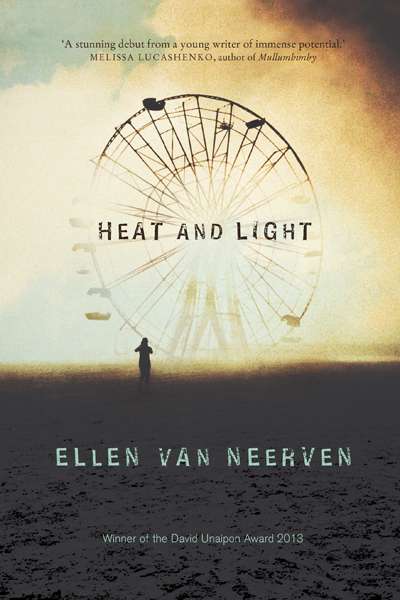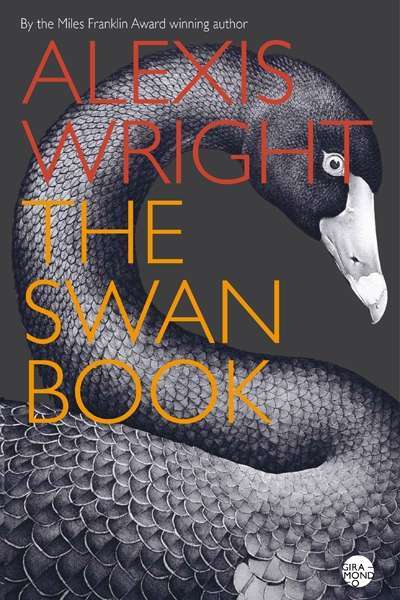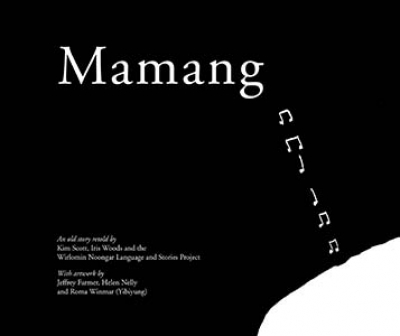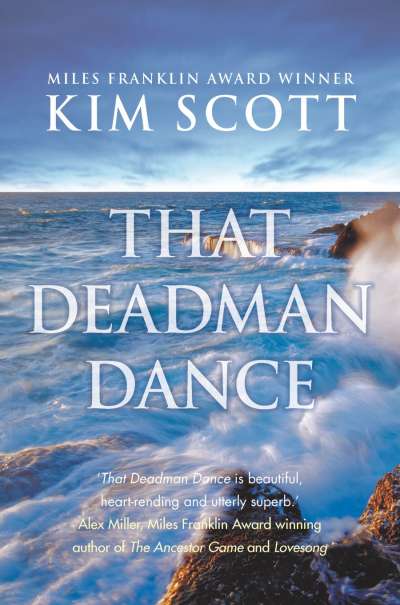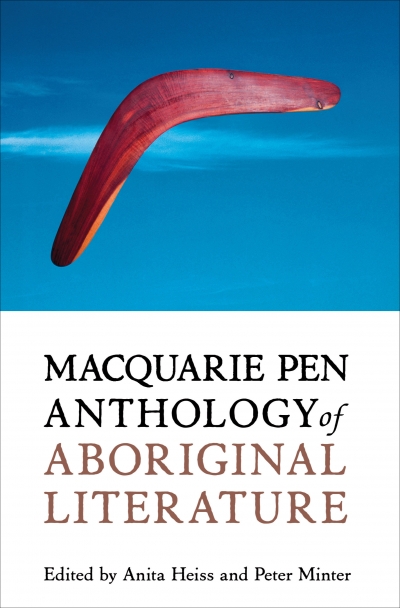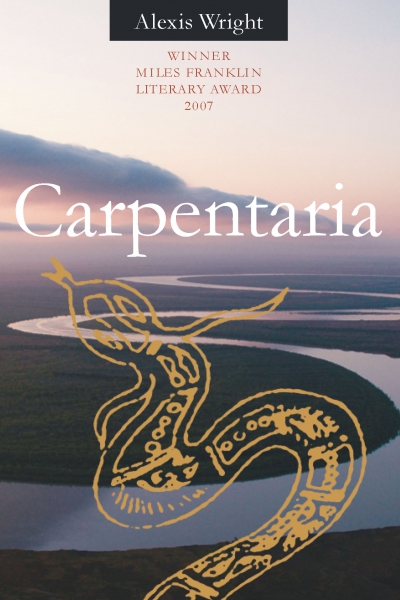Accessibility Tools
- Content scaling 100%
- Font size 100%
- Line height 100%
- Letter spacing 100%
Indigenous Writing
Mamang by Kim Scott, Iris Woods, and the Wirlomin Noongar Language and Stories Project & Noongar Mambara Bakitj by Kim Scott, Lomas Roberts and the Wirlomin Noongar Language and Stories Project
by Christine Nicholls •
Macquarie PEN anthology of Aboriginal literature edited by Anita Heiss and Peter Minter
by Jaya Savige •

